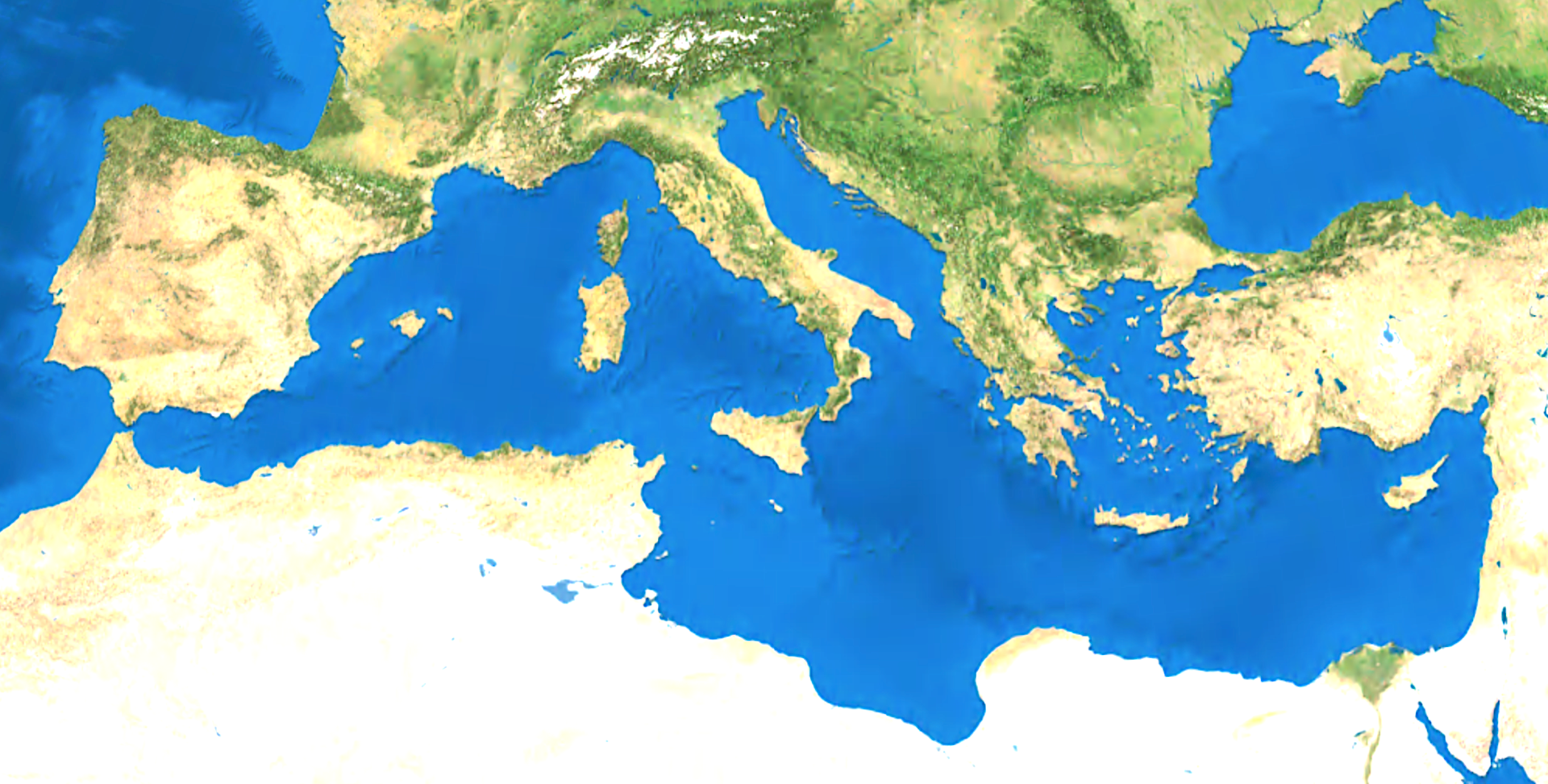The Ancient Maritime World
Workshop – Summer School – Research
The Maritime World of Classical Antiquity
From the Late Bronze Age to Late Antiquity the history of classical antiquity is to a large extent a maritime history and in numerous ways influenced by the Mediterranean Sea, its conditions and opportunities. The mare Mediterraneum was, of course, the main factor for the emergence and development of countless coastal settlements, their cultural influence on neighbouring regions as well as the spread of ancient culture in general. It gave rise to several maritime powers, most prominent e.g. the Phoenicians, Athenians and Carthaginians, as well as to piracy in its various forms. With imperial Rome and its political supremacy over the Mediterranean world, the opportunities and prosperity of a large, interconnected and mainly maritime – i.e. globalised – world then became apparent for the first time on this geographical scale. But also before and for centuries, the sea enabled easy connections over long distances and a largely free exchange of goods and culture. And because of the sea, one can certainly speak of a globalised Mediterranean world already at a very early stage.
Nevertheless, various conditions in individual areas of the Mediterranean could hardly have been more diverse. Unlike today, navigation and trade routes were highly dependent on regional and supra-regional meteorological conditions as well as on the specific geographical environment, while respective routes were in turn influenced by the hinterland of coastal regions, their resources and corresponding trade routes over land. Furthermore, the coastal geography determined the access to the sea as well as the location of settlements, while the omnipresent sea itself was always both a connecting and a dividing element. It is these diverse maritime influences that had a far-reaching impact on the cultural and historical development of antiquity – a development in which the simultaneity of the non-simultaneous was not the exception, but the rule.

The Ancient Maritime World
The Ancient Maritime World takes a closer look at the maritime context of classical antiquity as well as the respective regional maritime settings. It focuses on both the complexity of cultural and historical developments as well as on the underlying and determining factors in particular cases and regions. It is obvious that early epochs like the Mycenaean or Archaic periods offered specific and, in many ways, different conditions than the Roman Empire or Late Antiquity. Varying political constitutions, socio-economic settings, exploitation of natural resources or technical know-how are just some of the factors that influenced the course of history in different ways, while geographical and maritime conditions, on the other hand, remained largely the same throughout antiquity.
In this regard, a critical perspective from the sea can provide a thorough understanding of cultural and historical developments in ancient times as well as their respective circumstances and related modern considerations. It also offers a clear view on the significance that geographical and maritime settings had for ancient Mediterranean civilisations. And it certainly offers a practical understanding of ancient time and space as well as of the opportunities, difficulties and dangers of the Mediterranean Sea with its various characteristics and overall presence in the world of classical antiquity.
International Workshop / Summer School – Ancient Maritime World 2026
